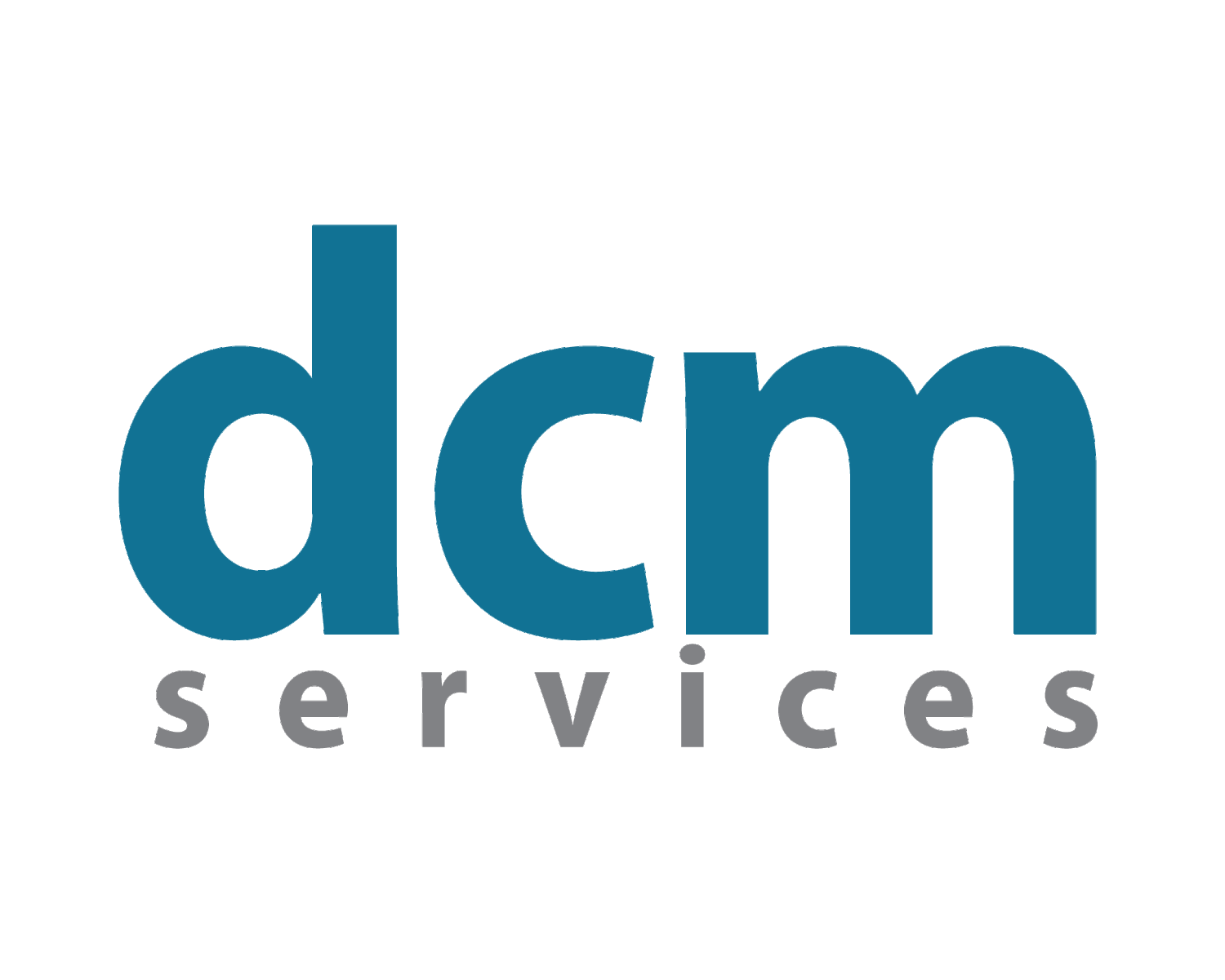By Matt Rehnelt, Business Development Manager
Organizations in the United States are currently facing a critical issue: the growing challenge of unresolved debts, a situation made more complex by the country's aging population. This demographic shift not only hampers the financial management capabilities of older Americans but also introduces intricate probate-related complexities, significantly impacting creditors.
Understanding the Demographic Shift
It is imperative for organizations to comprehend the demographic shift that is America's aging. This well-documented trend, driven by factors such as increased life expectancy and the large cohort of Baby Boomers reaching retirement age, is set to significantly alter the country's demographic landscape by 2030. With many factors contributing to unresolved debts, this shift has profound implications for debt resolution within organizations.
As individuals age, they often face financial challenges such as reduced income from retirement funds and pensions, rising healthcare costs, and potential cognitive decline that can affect financial decision-making. These factors can lead to difficulties in managing debts owed to various organizations, including banks, healthcare providers, and service providers. Drafting a will with clear and detailed instructions for beneficiaries can help ease some aspects of the probate process.
Managing the probate process
Probate is the legal process for settling a deceased person's estate. It involves validating the will, paying debts, and distributing assets to beneficiaries. Probate is crucial for creditors as it determines whether outstanding debts will be satisfied from the deceased person's estate.
Creditors must navigate the probate process to recover debts owed to them by deceased individuals. The debt repayment order during probate typically prioritizes certain debts (e.g., funeral expenses, taxes) before other creditors receive payment. This hierarchy can affect the likelihood and timing of creditors receiving full or partial repayment. Probate proceedings can be lengthy and complex, involving legal fees, court hearings, and administrative tasks. This process can delay the resolution of debts owed to creditors, impacting their cash flow and financial planning.
The solvency of the deceased person's estate determines the extent to which creditors can be repaid. If the estate lacks sufficient assets to cover all debts, creditors may receive only a portion of what they are owed or nothing, depending on the circumstances.
Addressing the Challenge
Organizations can consider several strategies to navigate the challenges an aging population poses and the implications of probate for creditors. Early intervention, such as engaging older clients or customers to proactively address financial planning, including debt management and estate planning, can help prevent unresolved debts. Seeking legal expertise can also help navigate probate proceedings efficiently and maximize the chances of debt recovery from estates.
Leveraging technology and automation for debt collection and probate management can streamline processes, reduce administrative burdens, and improve communication with beneficiaries and legal representatives.
Conclusion
The intersection of America's aging population and unresolved debts presents significant challenges for organizations across various sectors. Understanding the implications of probate on creditor rights and implementing proactive strategies are essential steps toward managing these challenges effectively.
DCM Services can help streamline your organization's probate process, creating a comprehensive and efficient solution if you are facing challenges in this area. Our proprietary technology provides nationwide coverage of probated estate claim filing information in 3,215 separate counties and 3,400 separate courts. Contact us today to learn more!
